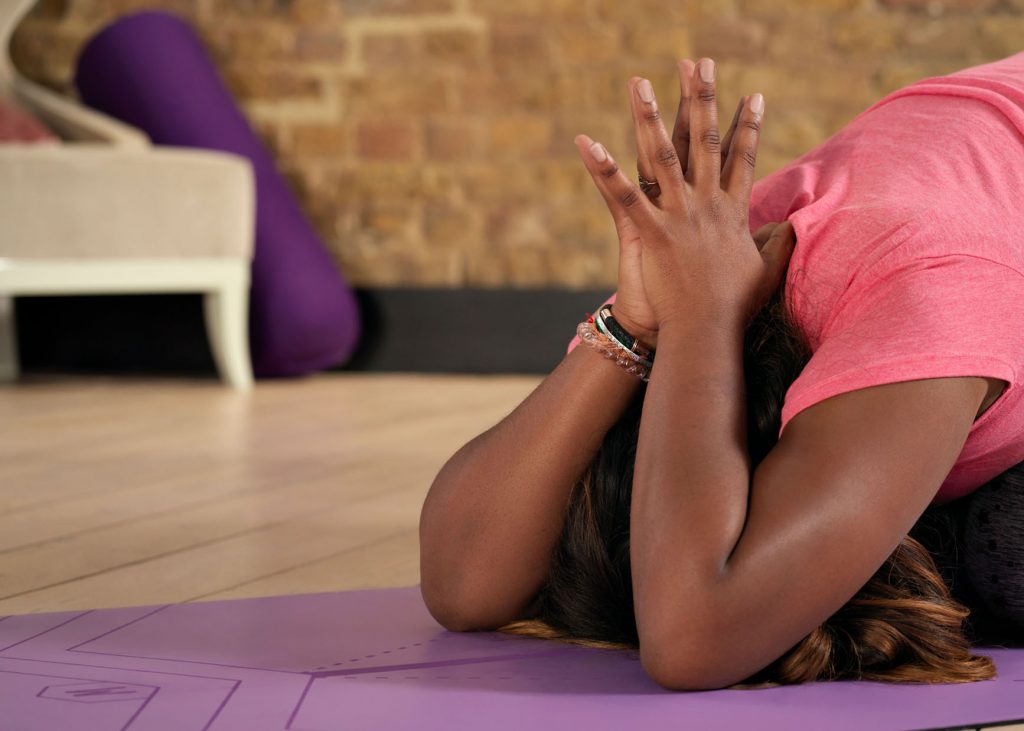
It is International Nurses Day on 12 May and we wanted to acknowledge the dedication of nurses to our wellbeing. We also wanted to extend to all those with caring responsibilities. How can yoga for carers help those that care for us?
What is yoga for carers?
71% of carers have poor physical or mental health and Carers UK’s annual survey (2015) with over 5,000 carers across the UK revealed that 84% of carers feel more stressed, 78% feel more anxious and 55% reported that they suffered from depression as a result of their caring role, which was higher than findings in 2014. This upward trend has been constant since and has been exacerbated during the pandemic. In this article we explore how yoga can help and offer a few practical suggestions and solutions. Yoga for carers isn’t one simple thing but can offer supportive tools. These tools may help carers to navigate those times when they feel overwhelmed by caring and lose sight of themselves.
Boundaries
It can be hard to set boundaries and yet it is crucial to do so. In Chinese medicine and the five element theory, the season of summer is associated with the heart and the heart is at its happiest when it is soothed and is able to experience connection within clear boundaries. It can be natural for those in a caring role to put whoever they are caring for ahead of themselves, so that their needs and emotions and wellbeing is prioritised.
Setting boundaries can feel selfish, or challenge your view of yourself as a caring person. Remember though that you are setting boundaries to protect your energy, your health and your emotional wellbeing. Bo Forbes, clinical psychologist, yoga teacher and integrative yoga therapist says: “What helps is a yoga practice that brings your focus into your deep, intrinsic core, promoting awareness, strength, flexibility, and the capacity to release.” This helps you ground back into your body and replenish your energy stores. Mindfulness tools can also help you monitor where—or on whom—you’re focused and notice when you’ve migrated into someone else’s direct experience.”
Body Awareness and Meditation
For carers it is crucial to set clear boundaries and spend time coming back to yourself. This can sound abstract but entails practicing in a way that can help you to anchor within your own body through meditation, through focusing on the breath and slowing down through a slow flow or through restorative yoga. It can be easy to move through an entire yoga practice problem solving someone else’s problems, but are you able to focus on your breath? Setting an intention to notice your breath, or perhaps your feet or hands on the mat can help you to slow down the mental chatter and begin to notice what you need.
Try this Slow Flow class from Clive
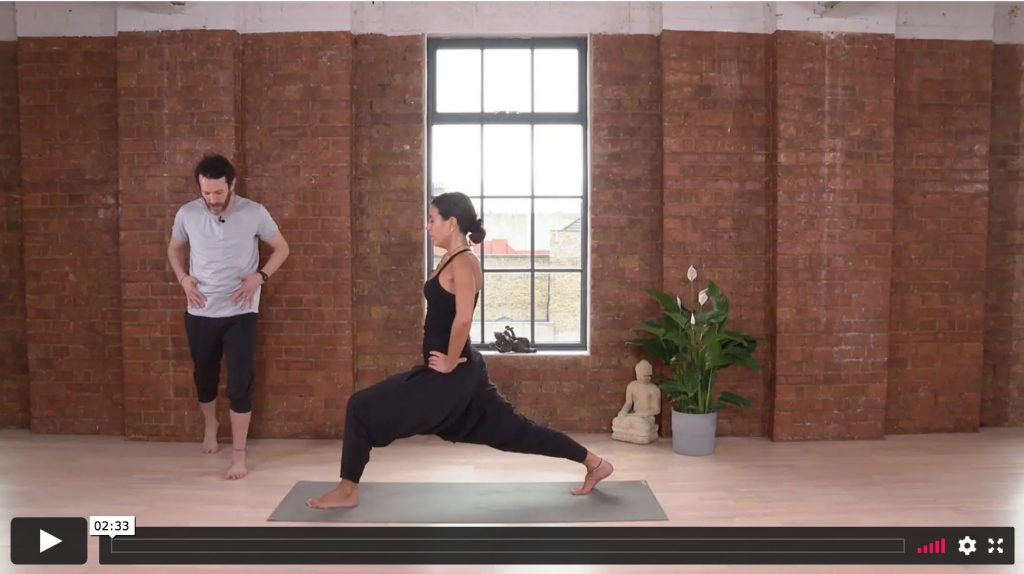
Compassion
Caring and compassion go hand in hand, but it can be helpful for carers to also consider self-compassion. So what’s the difference? Self-compassion is giving ourselves the kindness and care we’d give to a friend whereas the focus of compassion is often others. Sometimes, it is much harder to turn compassion towards ourselves than it is to turn it towards others. Carers can sometimes feel less deserving of their own compassion, or can judge themselves harshly when things aren’t going right.
The most valuable lesson about self-compassion though, is to develop an understanding that you are human. Kristen Neff defines the three elements of self-compassion as: feeling warm and understanding towards ourselves when we suffer, fail or feel inadequate rather than ignoring our pain; recognising that feelings of frustration and personal inadequacy are part of the shared human condition and taking a balanced approach to our negative emotions so that feelings are neither suppressed nor exaggerated. Practice self-compassion and remember that self-compassion is a practice of goodwill and not good feelings. At times, it will feel hard.
Try this Self Care Flow from Adam Hocke
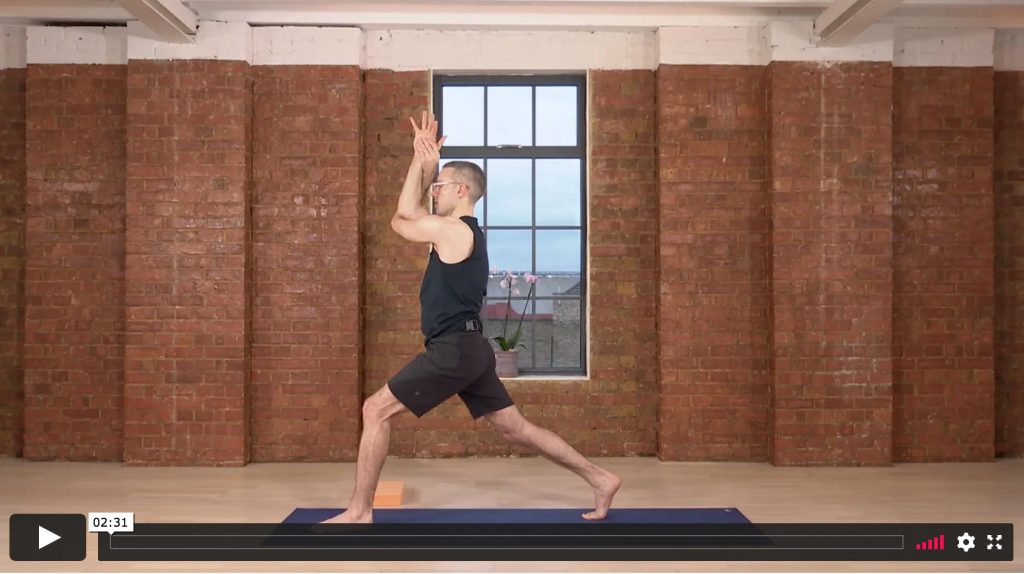
Rest
Caring responsibilities can leave you in need of rest, but it can be difficult to rest fully. It is important to understand that rest and sleep are not the same thing. Rest is in fact more difficult to understand and whilst sleep is crucial, we can sleep without feeling fully rested. Practicing a gentle and soothing style of yoga like restorative yoga, can allow you to rest more fully and sleep better. Restorative yoga can also offer a pick-me-up during the day when you are feeling depleted. Be warned though, although restorative yoga can appear to be physically less demanding, it can feel mentally and emotionally challenging as you bring your body into stillness. You might find it is more difficult for your thoughts to settle or you might be confronted with challenging thoughts. This is entirely natural and it is an important skill to develop.
This class from Yvonne O’Garro offers two key restorative poses which will support you in learning to rest more fully.
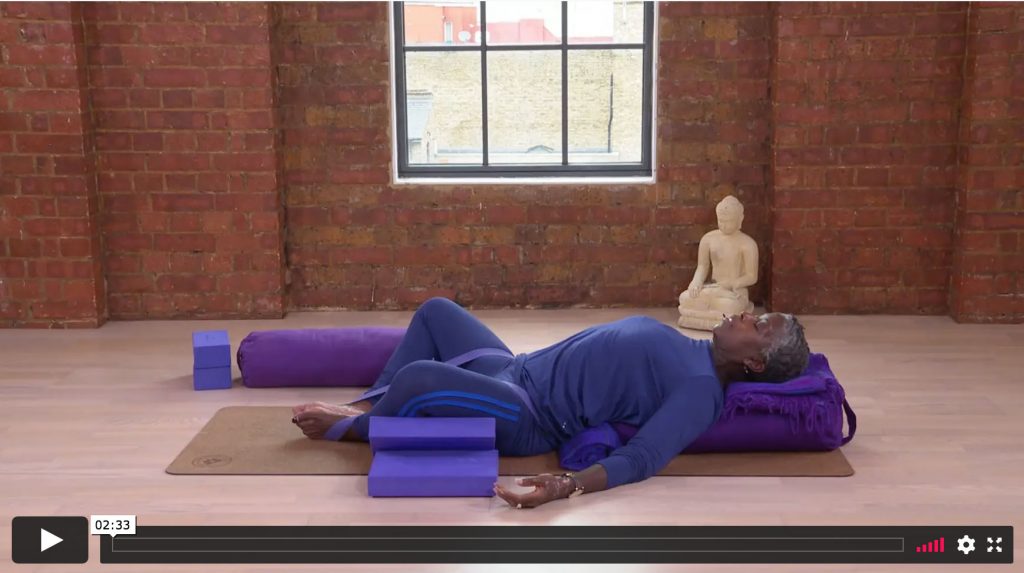
Other suggestions to nourish carers
Alongside a formal practice of yoga, there are ways in which carers can take yoga off the mat. How about taking a walk barefoot outside? The contact with the earth will help you feel calmer and bring your energy from your mind and into your feet. Try doing this slowly and mindfully really noticing what you feel with each step.
Take care of your energy. Notice what nourishes you and what depletes you. Discard habits that no longer serve your emotional wellbeing. So if a programme you once enjoyed makes you feel anxious, meetings with certain people drain you or someone’s social media feed awakens feelings of inadequacy, practice saying no. Instead notice what nourishes you and spend more time on those things.
If you are a carer, what daily rituals and practices support you? And remember, if you work for the NHS you can get a free subscription
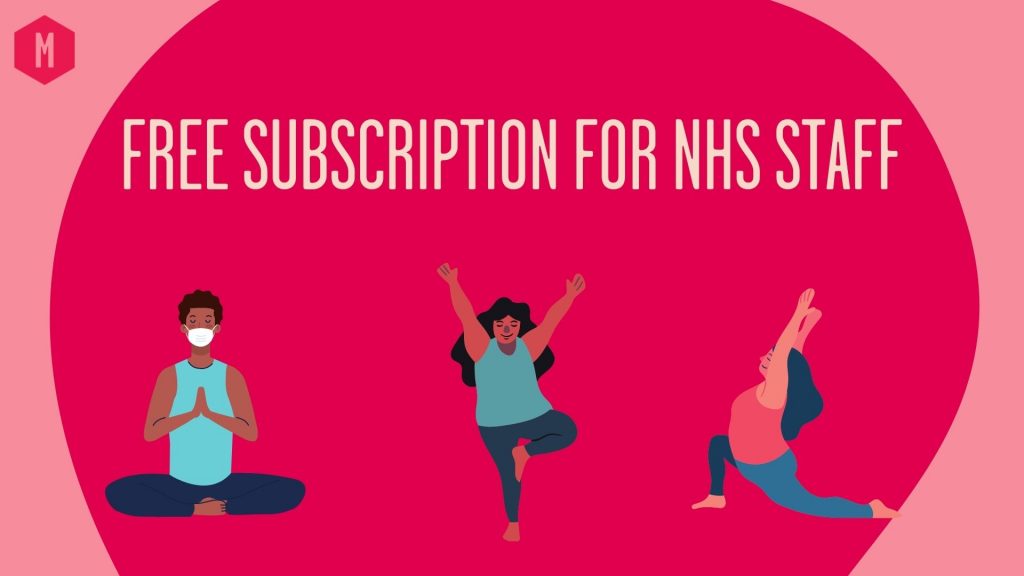
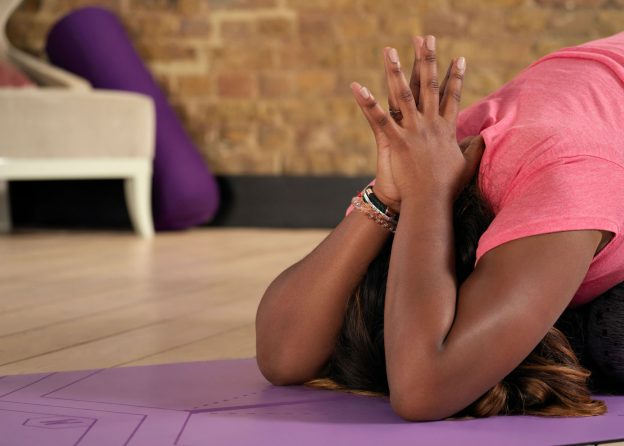




Leave a Reply